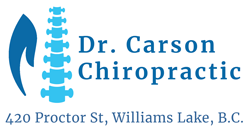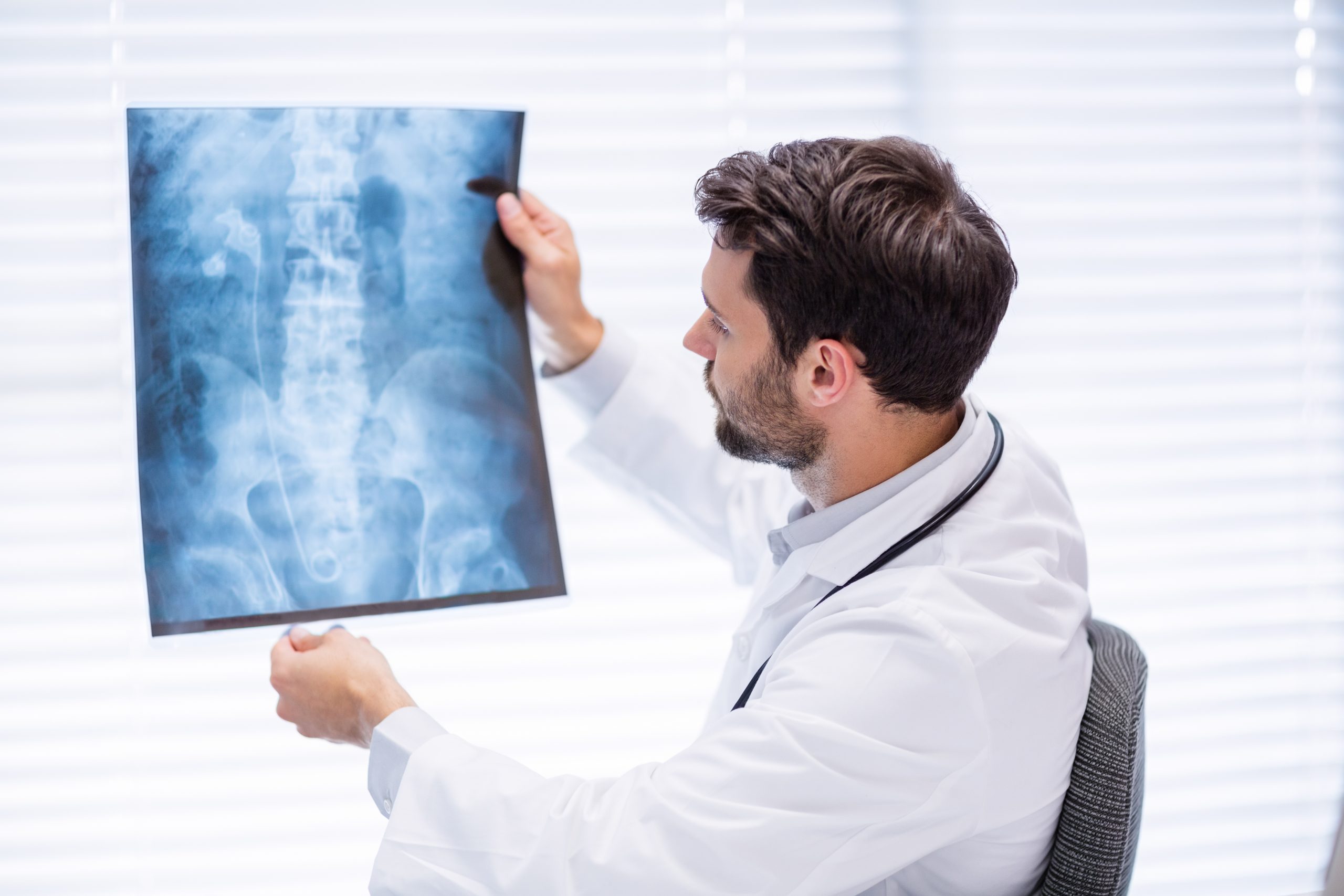
What is Chiropractic?
The word chiropractic comes from the Greek words “chiro” and “praktikis”, which together form the meaning “done by hand”. Its origins date back to 1895 when the Canadian founder Daniel David Palmer referred to it as “a science of healing without drugs”.
In 1995, Canada Post issued a commemorative stamp to honour D.D. Palmer.
While it is a healing discipline based on science, the main focus is the relationship between the skeleton (mainly spine) and vast nervous system that runs through it. Chiropractic focuses on the care of the entire body by freeing the nervous system to function optimally.
Chiropractors are well-trained doctors that specialize in the manual adjustment of spinal vertebrae and other joints. Adjustments restore normal nerve functioning to the body through the spine, joints and supporting structures of the body. This helps relieve pain and enable the body’s innate healing mechanisms.
What is an adjustment? Will it hurt?
Adjustments involve a highly skilled chiropractic doctor applying a precise movement (usually applied by hand) to a joint of the body. The adjustment helps to free the joint to restore proper movement, which in turn optimizes its function.
While most patients do not report pain from chiropractic treatments, they often visit a chiropractor to help with an existing pain. This means their body is already more sensitive, and they can experience some discomfort while being treated.
Do I require an X-Ray before being adjusted?
I most cases an X-Ray is required, as it plays a key role in diagnosing and gives a base line from which to formulate a healing strategy. Chiropractic care also involves evaluating your case history, posture, physically examining areas of pain, determining balance, and other factors. Use of a Digital X-Ray Machine provides quick and detailed results for better diagnostics.
When and why should I see a chiropractor?
The simple answer is that the earlier you see a chiropractor, the greater your chances for full recovery. An estimated 1/3 of all daily medical visits involve spine and related conditions. Most people seek chiropractic care for common back, next or joint problems, as well as headaches, stress or even vertigo.
Our clinic has seen remarkable changes in conditions such as:
- Chronic indigestion
- Vertigo, dizziness and balance problems
- Headaches, migraine headaches, chronic headaches
- Blurred vision and double vision
- Unexplained crossed eyes
- Tingling and numbness in the arms, hands, legs and/or feet
- Restless legs
- Neck pain
- Upper back pain
- Lower back pain
- Pelvic pain
How does chiropractic care help?
The nervous system is central to your body, allowing communication between your brain and all the body’s muscles, organs and tissues. The key to a healthy body is an optimally-functioning nervous system – it must be free of interference. Chiropractic care helps remove imbalances and structural misalignments which accumulate over time. The customized treatment you receive may help improve your posture, muscle balance and physical mobility. It can also help restore the efficiency and integrity of your nervous system, to help rid pain and aide the body’s innate ability to heal itself.
What should I expect on my first visit?
- You will complete a health history form and supply contact information so that a patient file can be opened.
- The reception staff can answer any questions you have and guide you through what to expect from the process.
- You will also be asked to provide a case history so as to customize a treatment plan.
- Your doctor will discuss informed consent and request your signature prior to examination.
- The physical examination may involve touching or palpating areas of your body relating to your symptoms and the spine.
- An X-Ray and other diagnostic tools are typically used to get a base line of your current health and best form a customized treatment plan.
- Your doctor will then propose a treatment plan, and with your consent begin.
- You may be asked to undergo follow up treatment depending on the therapies the doctor will recommend.
- Your doctor will also discuss prevention and how to make lifestyle changes or advise how to avoid repeated postural strains which may have lead to your reason for the visit.

